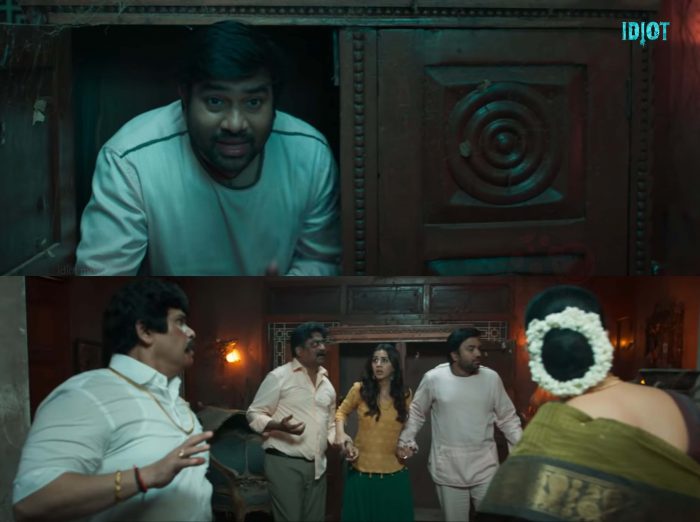

He becomes a miserly don, offering discounts for taking up jobs, approaching each task in the most cost-effective way, and duly saving up for reclaiming the lost movie hall. Junga wows to follow his legacy and get back all the lost wealth, particularly Cinema Paradise, but assures her that will not repeat mistakes made by the predecessors. The wealth lost also included a movie hall named Cinema Paradise, which was gifted by her father as dowry. She tells him that his grandfather, Lingaa, and father, Ranga, were foolhardy dons, splurging money on “success parties” after a successful murder and squandering all their wealth. Junga’s mother (Saranya Ponvannan) is concerned that her son, whom she has kept protected all these years from the bad world of gangsters, is now following his ancestors' path. But fans of Vijay Sethupathi get a well choreographed fight scene (the stunts are by Anbu Arivu, who also give us a stylish umbrella fight scene in the second half, which is set in Paris). The scene that leads up to this moment is extremely comical, in the CS Amudan style of spoofing iconic film scenes of past.

Junga, who is a bus conductor, is hopelessly in love with a Telugu speaking girl (Madonna Sebastian, in a sweet cameo), but he is forced to take up violence when she is harassed by eve teasers.

We get the Baashha BGM, which abruptly stops when Vijay Sethupathi states that his story is not a patch on Baashha's. Take for instance the scene where Junga narrates his flashback. Following the style of Venkat Prabhu, Gokul uses some successful yesteryear BGMs in a few scenes and turns them on their head to make the scenes comical. Junga Review: From the opening scene, where a police inspector is instructed to conduct an encounter of the dreaded don Junga (Vijay Sethupathi), director Gokul sets the tone for a quirky, laugh-a-minute dark comedy.

Junga Synopsis: A simpleton has to turn into a quirky, albeit miserly, don to save his legacy and his ancestral property, a movie hall.


 0 kommentar(er)
0 kommentar(er)
